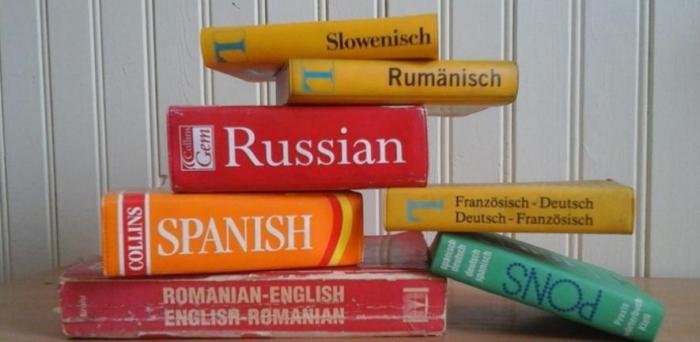The study, of just over 800 pupils in England, found a positive relationship between GCSE scores and ‘multilingual identity’: a reference to whether pupils felt a personal connection with other languages through knowledge and use. Those who self-identified as multilingual typically outperformed their peers not just in subjects such as French and Spanish, but in non-language subjects including maths, geography and science. This applied whether or not they actually spoke a second language fluently.
Perhaps surprisingly, however, not all pupils who were officially described by their schools as having ‘English as a Second Language’ (EAL) thought of themselves as multilingual, even though the term is used by schools and Government as a proxy for multilingualism. Correspondingly, these pupils did not necessarily perform better (or worse) as a group at GCSE than their non-EAL peers.
The results indicate that encouraging pupils to identify with languages and to value different styles of communication could help them to develop a mindset that supports academic progress overall.
Other recent research has argued for broadening the scope of language lessons so that, as well as studying vocabulary and grammar, pupils explore the importance of languages and their significance for their own lives. This new study was the first, however, to examine the relationship between multilingual identity and attainment. It was led by academics at the University of Cambridge and the findings are published in the Journal of Language, Identity and Education.
Image: Language dictionaries
Credit: Tessakay via Pixabay
Reproduced courtesy of the University of Cambridge
